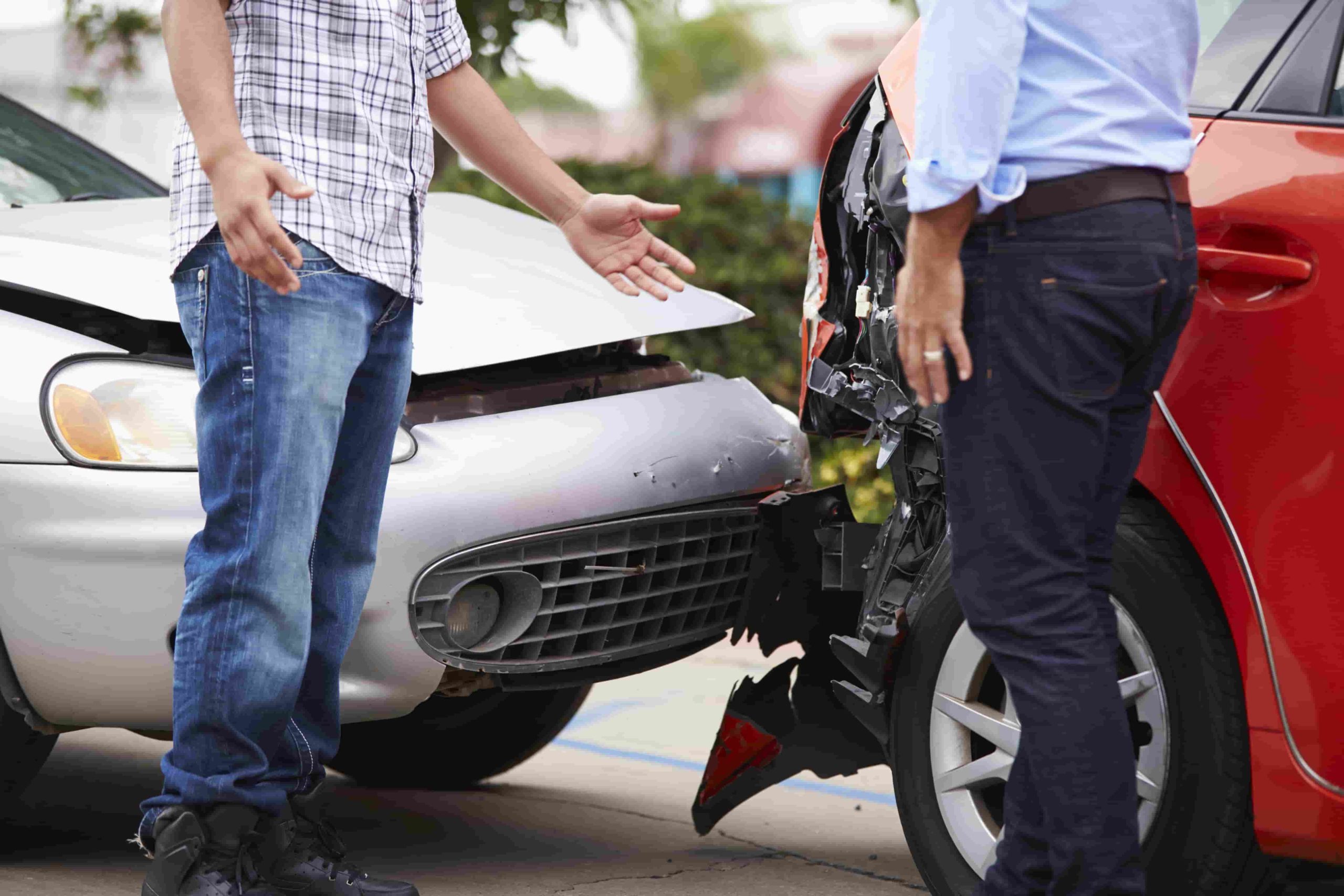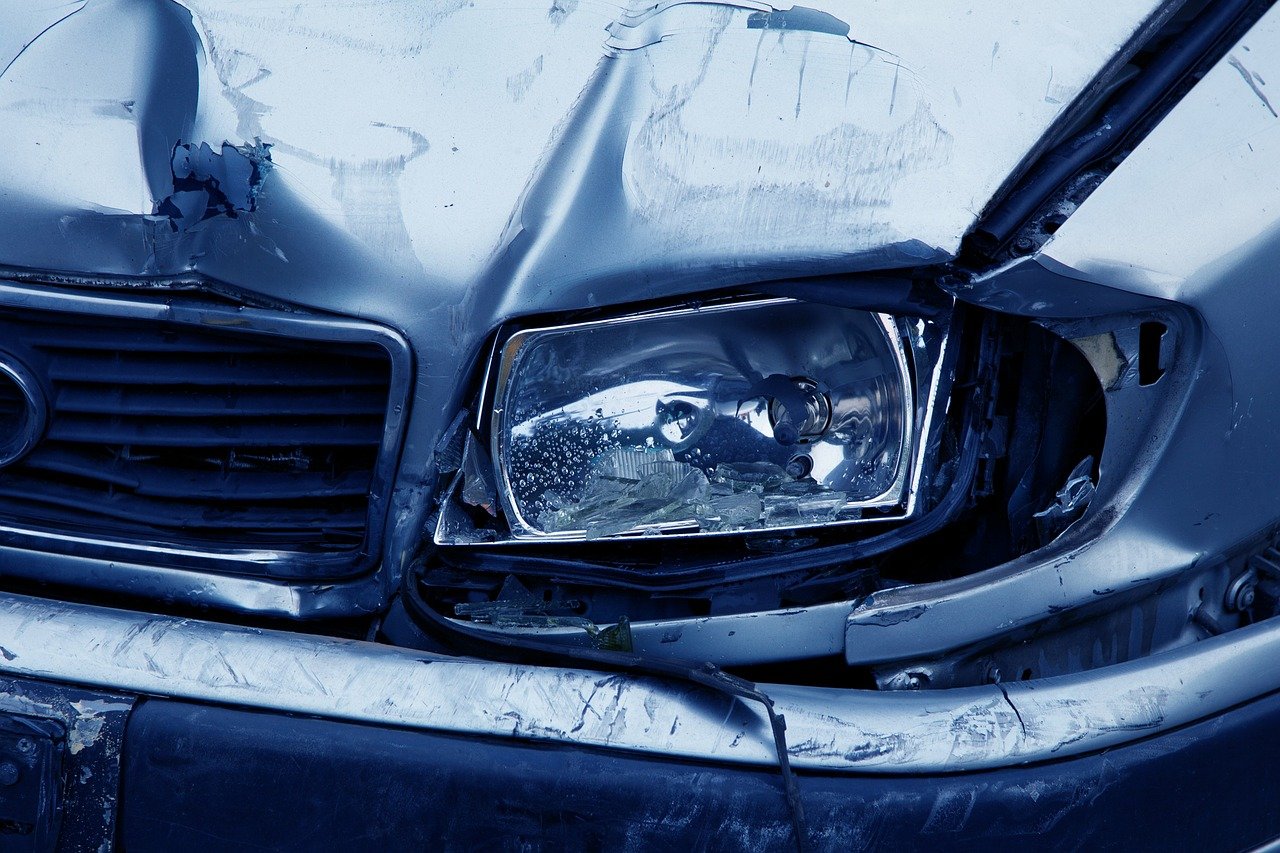
It isn’t likely that you need to be told exactly how dangerous and terrifying rollover accidents are, and they happen more often than you may realize. The danger associated with hurtling through space while your car loses all contact with the ground cannot be overstated. If you have been injured by another driver’s negligence in any kind of traffic accident, seeking the skilled guidance of an experienced automobile accident attorney in Texas is in your best interest.
What’s In This Guide
Rollover Car Accident Statistics

The Insurance Institute for Highway Safety (IIHS) reports that rollover accidents happen when a car tips onto either its roof or side at any point during the course of an accident. Rollovers tend to happen when a vehicle leaves the roadway, and occupants are often ejected in the process, which significantly increases the risk that there will be fatalities involved. Consider the following related statistics:
- In 2019, 6,358 occupants of vehicles lost their lives in rollovers.
- 74 percent of these rollovers were caused by an impact prior to rolling over.
- The other 26 percent rolled over without any prior impact.
- Rollovers accounted for a full 28 percent of all the passenger vehicle deaths in 2019.
- In 2019, rollover deaths broke down into 20 percent of all fatal car crashes, 38 percent of all fatal truck accidents, and 39 percent of all fatal SUV accidents.
- In 2019, 4,857 occupants of passenger vehicles lost their lives in single-vehicle rollover accidents, but this does not mean that another vehicle was not involved (rollovers are often the result of reacting to another driver’s dangerous maneuvers)
Rollovers are exactly as dangerous as you imagine they would be.
Protecting Yourself
Consumer Reports (CR) shares that, in certain circumstances, any vehicle can rollover, but that taller, narrower vehicles – like SUVs, vans, and pickups – are far more likely to do so. These vehicles are more top heavy due to their higher centers of gravity, and when they take a turn, the shift in their center of gravity can have a profound effect on their balance. These imbalances increase with the vehicle’s speed and with swift changes in direction (such as when a driver overcorrects for an ill-considered turn). CR forwards several things you can do to help avoid rollovers in the first place and to protect yourself in the event you are involved in one.
The Newer, the Better
The newer your vehicle, the less likely you are to be involved in a rollover and the less likely it is to be fatal if you are. This is a result of improved safety systems, including electronic stability control and side-curtain airbags.
Buckle Up Every Time
Seat belts save lives, and they do a great job of keeping you in your seat if your vehicle does roll. About 75 percent of people who are ejected or partially ejected from their vehicles are killed in traffic accidents (of every kind). Seat belts also help to ensure that you aren’t bounced around within your vehicle during the course of an accident.
Keep an Eye on Those Tires
Your tires tether your vehicle to the road, and tires play a pivotal part in rollover accidents. Keeping all your tires in good working shape is the safest practice for a wide range of reasons, including avoiding rollovers. Make it your practice to routinely check the inflation pressure of your tires. And when your tires need to be replaced, make sure you replace them with similar tires (to help ensure you maintain the same level of safety in terms of traction and stability on the road).
Don’t Overload
When you overload your vehicle, you increase the risk of a rollover happening (by decreasing the vehicle’s stability), and this is especially true of SUVs and trucks. Heavy loads on your vehicle’s roof increase this risk significantly. The best strategy is to place heavier cargo on the floor of your vehicle and as close to its center as possible.
Slow Down
Speed increases your risk of being in any kind of accident, including rollovers, significantly. The faster you drive, the less time and distance on the road you have to react safely to dangers you encounter, and the more likely it is that any accident you do have will be deadly. In fact, about 40 percent of all fatal rollovers are caused or exacerbated by excess speed.
Country Roads Can be Deceiving
While you may think the low traffic of country roads is a safer option, it turns out that this simply isn’t true. The vast majority (75 percent) of fatal rollover accidents happen on country roads with speed limits of 55 mph and higher (which are usually undivided highways that have no barriers).
[Related Article] 9 Texas Rental Car Accident Statistics
Your Car Accident Claim
You’ve been injured in a rollover accident – because of sanother driver’s negligence – and obtaining your rightful compensation is likely critical to your recovery. The losses (or legal damages) you can collect on include three basic groupings.
Your Medical Bills
The medical expenses associated with a rollover can be immense, and you may be facing ongoing costs associated with secondary healthcare concerns and complications. Common expenses include:
- Emergency care
- Surgery and follow-up care
- Medical treatments, tests, and supplies
- Doctor care
- Physical and occupational therapy
- Rehabilitation
- Prescription medications
- Pain management
Lost Income
With serious injuries, come significant losses in income. If your earning potential is adversely affected, the matter can be that much more challenging.
Your Physical and Emotional Pain and Suffering
The psychological pain and suffering associated with rolling over in your vehicle are very difficult to overstate.
An Experienced Texas Car Accident Attorney Is on Your Side
If another driver’s negligence causes you or someone you love to be injured in a rollover accident, the trusted car accident attorneys at The Patel Firm understand the gravity of your situation and are well positioned to help. Your claim is important, so please don’t hesitate to contact or call us at 361-400-2036 for more information today.